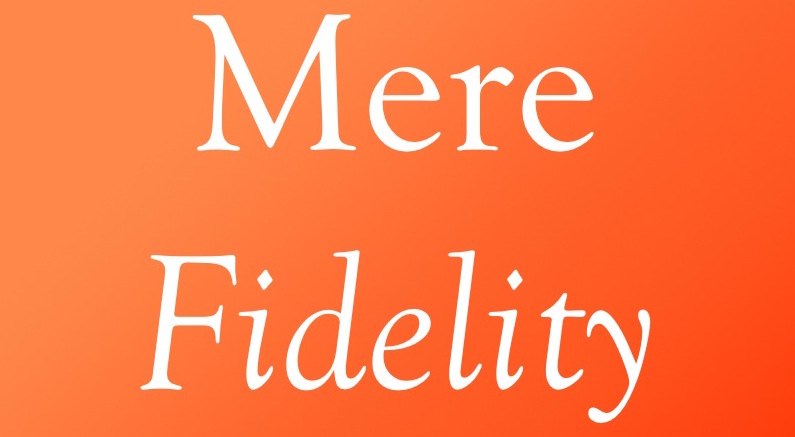Normally this would go up over at Notes, but we wanted to be sure that everyone sees the full roundup of responses (so far) to last week’s Future of Protestantism event at Biola. There figure to be more responses in the weeks to come so we’ll keep this piece updated as new responses are published.
Dr. Leithart wrote about some of the things he wished he’d said here. He then further clarified his views in three subsequent posts at First Things.
Dr. Trueman has written some brief reflections for Reformation 21 here and here as well as a lengthier piece for First Things here.
Dr. Sanders has written his own reflections on the event here.
Login to read more
Sign in or create a free account to access Subscriber-only content.
Topics:
